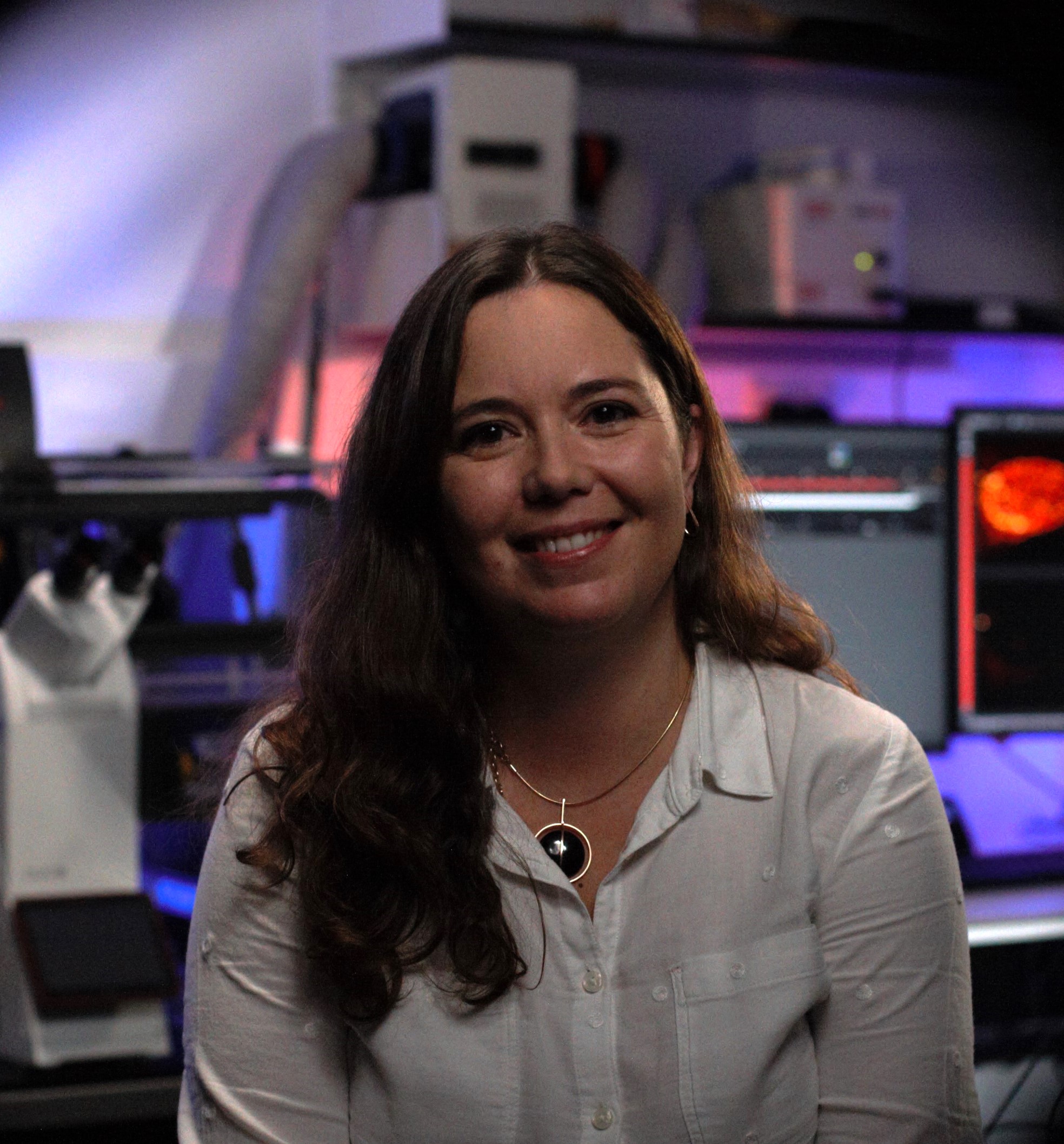Meet Dr Aida Martinez-Sanchez
What course do you teach on and what is your role?
 I am the co-director of the MSc in Applied Genomics, where I also lead the modules 'Non-coding RNAs, Gene Editing and In Vitro Experimentation' and 'Experimental/Computational Disease Modelling Research Project.' Additionally, I serve as a personal tutor for this MSc and as a project supervisor for this and other courses.
I am the co-director of the MSc in Applied Genomics, where I also lead the modules 'Non-coding RNAs, Gene Editing and In Vitro Experimentation' and 'Experimental/Computational Disease Modelling Research Project.' Additionally, I serve as a personal tutor for this MSc and as a project supervisor for this and other courses.
How has your career led you to teaching?
Teaching has always been a significant part of my career. From growing up watching my father teach adult education, to earning a Postgraduate Certificate in Education during my PhD, and supervising research students in the lab. A pivotal moment came in 2017 when I was trusted with developing and leading the "Non-coding RNAs, Gene Editing, and In Vitro Experimentation" module for the, then-new MSc in Applied Genomics. This role allowed me to combine my research expertise in non-coding RNAs with teaching, and provided many opportunities to enhance my skills alongside talented colleagues and students.
After a few years as a module lead, I took on greater responsibility in course organization and coordination, eventually being appointed co-director in 2021.
I am deeply passionate about research in basic and biomedical sciences, and as a Senior Lecturer and group lead at Imperial College, I consider it a privilege to drive cutting-edge research while mentoring the next generation of scientists.
What aspect of the course do you enjoy teaching the most?
It is hard to choose just one aspect. I particularly enjoy the workshops and lectures on miRNAs and RNA therapies, as they allow me to share my research passions. But what I probably enjoy most are the team-based learning sessions, where I get to support and see the students collaborating, sharing knowledge and building on each other’s skills to solve theoretical and practical scientific problems.
What do you hope your students will go on to achieve on completion of this course?
I hope that students completing the Applied Genomics course feel confident and well-prepared to pursue any science-related career they’re passionate about. I want the breadth of knowledge they gain during the course to help them discover their own interests, and I hope they develop a strong awareness of the many transferable skills they've acquired and how these can be applied across diverse career paths. To support this, we organize a career day where both academic and non-academic professionals share their journeys, providing valuable insight into the variety of opportunities available.
What is your favourite part about teaching at Imperial College London?
Again, it’s hard to choose just one thing! One of the aspects I love most about teaching at Imperial is the flexibility course organizers have to adapt content based on student interests and feedback. I also appreciate the diversity of our students, who come from a wide range of countries, ethnicities, and backgrounds—this makes the learning experience incredibly enriching. Additionally, I value that I can combine teaching with my role as a research group leader, and I admire how Imperial prioritizes having educators who are actively driving the discovery of new knowledge in STEM. I love that teaching at Imperial is a constant source of learning from both colleagues and students.